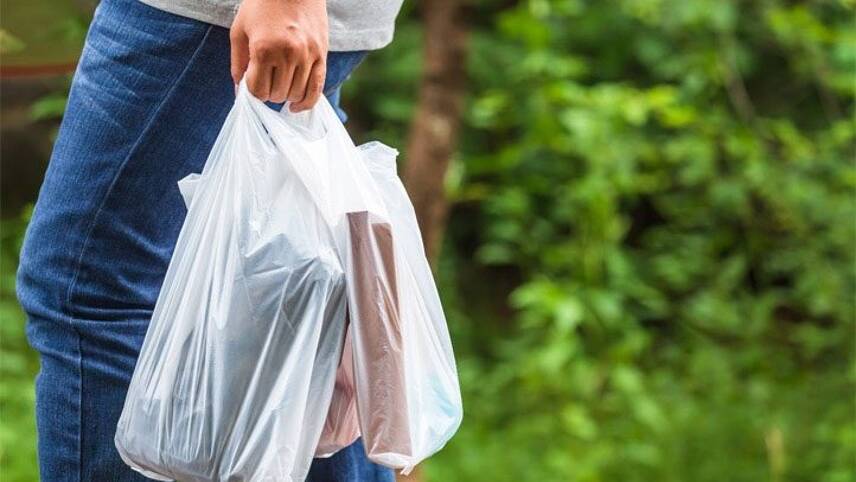Register for free and continue reading
Join our growing army of changemakers and get unlimited access to our premium content

The Government now expects the use of single-use carrier bags to fall by a further 70-80% for SMEs
Last August, the UK Government has confirmed that the 5p charge on single-use plastic carrier bags will be doubled to 10p and extended to all retailers. The original date for this introduction was scheduled for April 2021.
The Department for Food, the Environment and Rural Affairs (Defra) first began consulting on the proposed changes in 2018, but the process of implementing the results faced delays as a result of Brexit, the 2019 general election and Covid-19.
Following the delays, Defra recently confirmed that the 10p levy will be extended to all businesses in England from 21 May.
Defra statistics show that 95% fewer single-use plastic bags are sold in supermarkets on a monthly basis than they were before the bag charge was introduced in 2015. On a per-person basis, bag purchases annually have fallen from 140 to four since 2014.
The Government now expects the use of single-use carrier bags to fall by a further 70-80% for small and medium-sized businesses.
Environment Minister Rebecca Pow said: “Everyone wants to play their part in reducing the scourge of plastic waste that blights our environment and oceans. The 5p bag charge has been hugely successful, but we can go further.
“From today we will increase the charge to 10p and extend it to all businesses. This will support the ambitious action we have already taken in our fight against plastic as we build back greener.
“We have banned the supply of plastic straws, stirrers and cotton buds, banned microbeads in personal care products, and we are consulting on a new deposit return scheme for drinks containers.”
Since the introduction of the charge, retailers have donated over £150m to charitable causes volunteering, environment and health sectors.
Bags for life
In response to the original 5p legislation, many retailers promoted bags for life, consisting of plastics designed for reuse.
Greenpeace and the Environmental Investigation Agency recorded a 26% surge in ‘bags for life’ sales between 2017 and 2019. They argued that the bags were increasing the plastics waste footprint of supermarkets.
In recent months, some supermarkets have now decided to move away from plastic bags for life, citing an increase in plastics being used in circulation.
Co-op will remove plastic bags for life from sale in all 2,600 stores, instead choosing to offer customers 10p compostable bags. The company notes that bags for life use more plastic in production than traditional single-use bags. Co-op’s new initiative will remove 29.5 million bags for life, weighing around 870 tonnes of plastic, from sales each year.
Elsewhere, Morrisons started removing all plastic versions of its “bags for life” from stores nationwide, in favour of paper and other reusable options, in a move that will save 3,200 tonnes of plastic each year.
Shoppers will instead be able to purchase water and tear-resistant paper bags that can hold up to 16kg, costing 30p. Other reusable options include string, jute, cotton and reusable woven bags, priced between 75p and £2.50. The retailer claims that removing every plastic bag from stores nationwide will save 3,200 tonnes of plastic each year.
Matt Mace


Please login or Register to leave a comment.